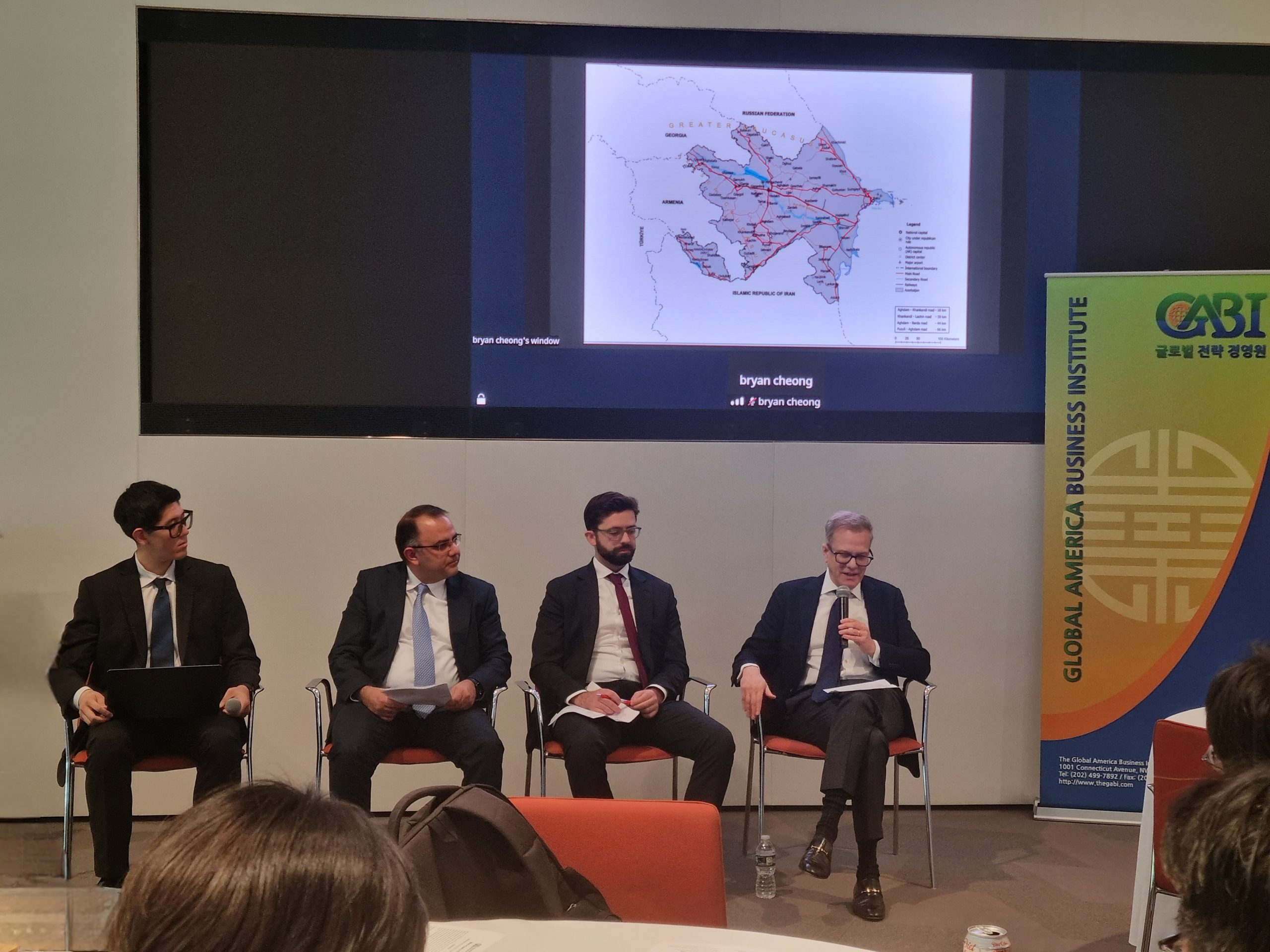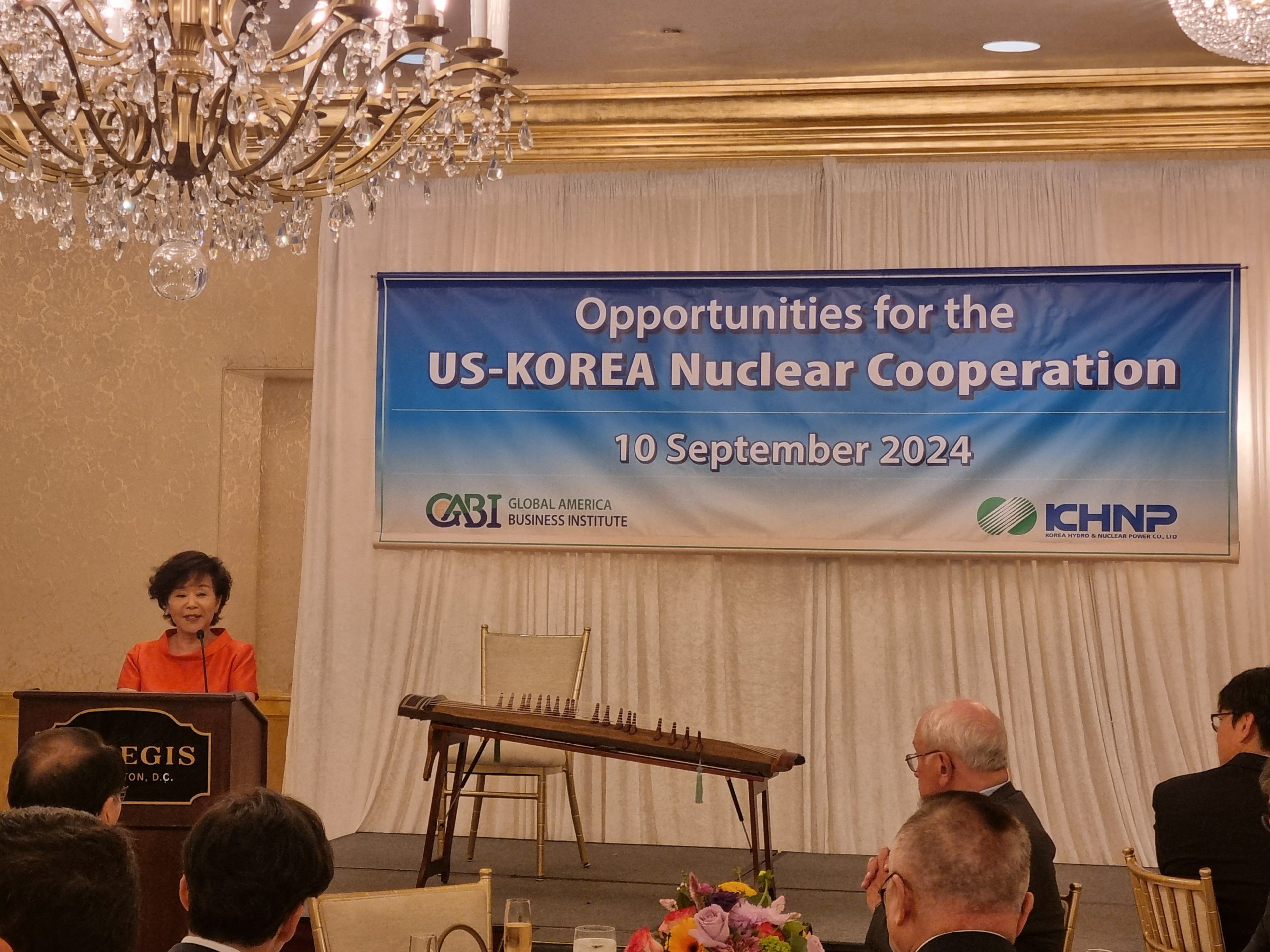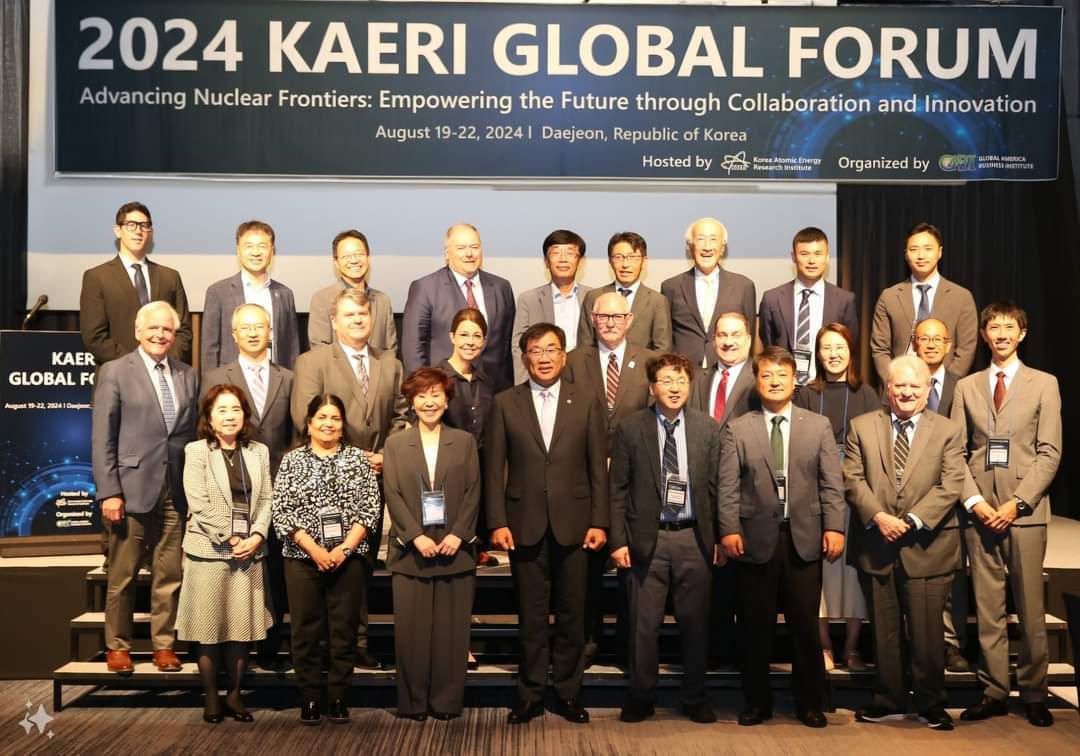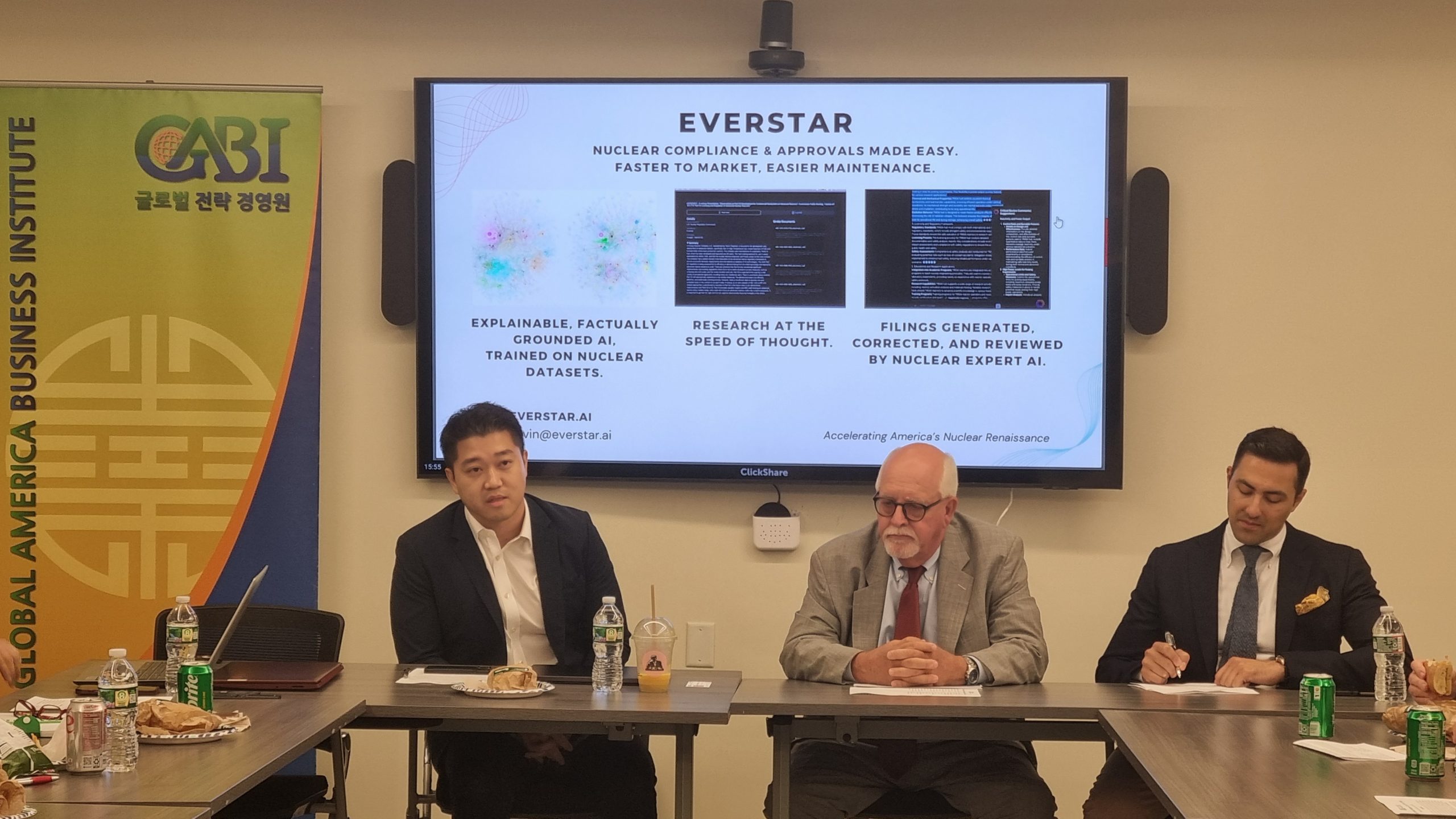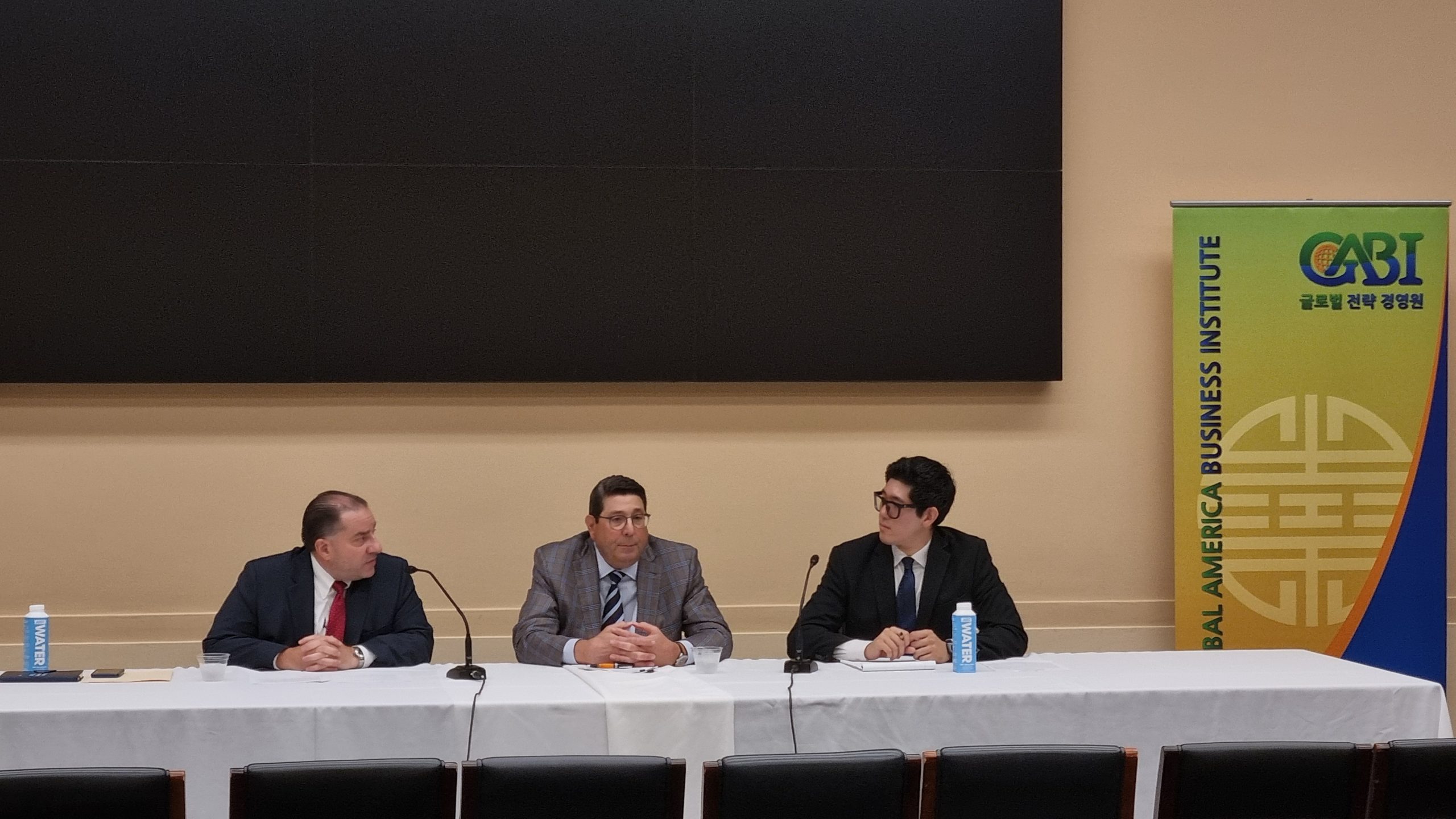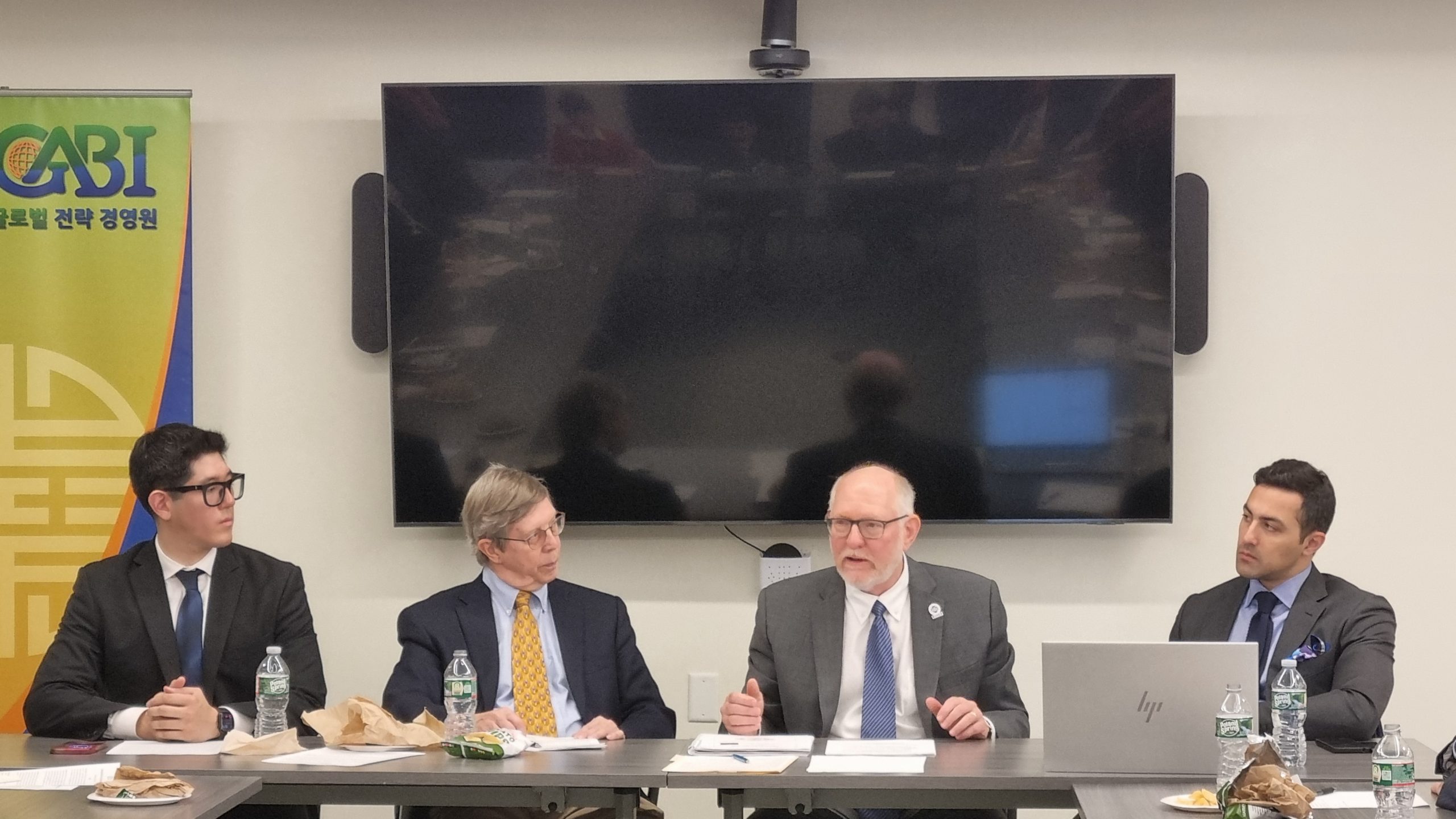The current US-ROK 123 Agreement for Cooperation on Civil Uses of Atomic Energy entered into force in 1973, and after having been active for nearly forty years, is set to expire in March 2014. To avoid a lapse, it is believed that a new agreement between the two countries must be negotiated by the spring of 2013 due to lengthy approval processes in both governments. Should the 123 expire, US nuclear exports to South Korea would likely be in jeopardy, especially major reactor components that require specific NRC export licenses. Although a number of other arrangements would also be potentially affected by a lapse, including joint nuclear R&D between the two countries, US sales of uranium and enrichment services to Korea, and Korean nuclear exports to the US, there is considerable uncertainty regarding the outcomes given ambiguity in interpreting the terms of the agreement. Of particular concern is how expiration may impact the current UAE Barakah Project, Korean sales of US-design reactors to other countries, and other US-Korea nuclear projects. While a timely renewal of the agreement is in the interests of both parties, other options may be pursued should progress in negotiations be delayed, including short-term agreements or an act by Congress to reduce the congressional review period.











